The Institute of Mental Health, Bach Mai Hospital is treating an 11-year-old girl who suddenly had emotional disturbances, sometimes crying, sometimes laughing, paranoia and was diagnosed with acute psychosis.
Family members said that she suddenly started showing unusual symptoms such as standing up, walking around, and running outside while sitting in class. She also spat out food and said inappropriate and unrealistic words.
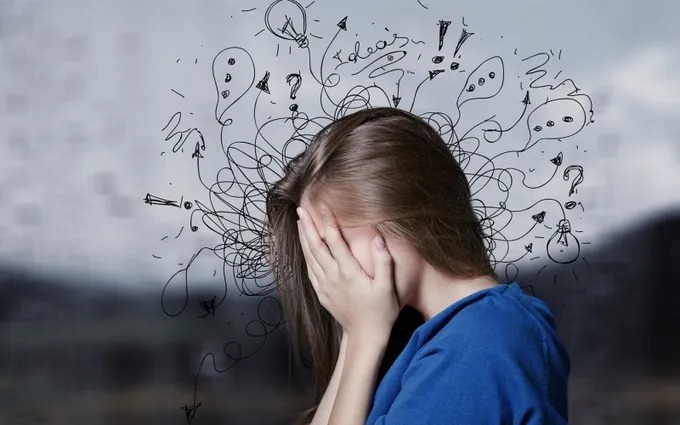 |
| Acute psychosis is a rapidly developing medical condition, usually occurring within two weeks, that results in a marked change from a normal mental state to a psychotic state. Illustration photo |
Upon admission to the hospital, the patient was alert and aware of his family and people around him, but he had a tendency to get agitated, run away, or break things. Doctors used psychotherapy and talked for a long time, after which the patient shared that he was scared, saw that someone was following him and wanted to harm him, so he did not dare to eat or sleep.
Brain tests, CT scans, and substance tests (to check for signs of substance abuse) were normal. Medical history also showed that the girl had not experienced any incidents or stress.
After ruling out the causes, Dr. Nguyen Hoang Yen, Deputy Head of the Department of Child and Adolescent Psychiatry, Institute of Mental Health, Bach Mai Hospital, diagnosed the patient with acute psychosis, the cause of which is unknown. However, it is suspected that the acute psychosis may have originated from genetic factors.
Patients are treated with medication, and after stabilization will be monitored at home, avoiding excessive stress. If paranoia continues, appropriate psychological therapy will be added.
Acute psychosis is a rapidly developing medical condition, usually occurring within two weeks, that results in a marked change from a normal mental state to a psychotic state.
Causes may include substance toxicity, other medical conditions, or psychiatric disorders. The condition usually resolves within a few weeks, but may persist for some people.
Studies show that about 20-30% of people with the disease have a family history of mental disorders. Brain damage, encephalitis, use of stimulants, or psychological trauma such as death of a loved one, loss of property, broken marriage, love... are also risk factors. Personality factors such as being sensitive, vulnerable or living a closed, uncommunicative, and having few relationships can also easily cause the disease to develop.
Acute psychosis has characteristic symptoms such as hallucinations, delirium, or delirium, behavioral disorders, emotions, anxiety, insomnia,...
The disease is treated with drugs to control acute symptoms such as paranoia, hallucinations and agitation. When the acute phase has passed and the patient is more stable emotionally and behaviorally, the doctor can combine appropriate psychological therapies.
Doctor Yen acknowledges that the rate of illness among children and adolescents is not low. Many people when experiencing strange symptoms often think of spiritual factors or seek folk remedies, but this can make the illness more serious.
Doctors recommend that neurological diseases, especially in children, can have many complex causes and should be diagnosed and treated by specialists. Delaying treatment can lead to serious consequences.
In addition to psychosis, according to doctors at Bach Mai Hospital, anxiety disorders are greatly affecting the health of young people today.
According to Dr. Nguyen Hoang Yen, factors affecting anxiety disorders in children include cognitive and learning factors; biological and neurological factors; genetic factors and social and environmental factors.
For children between the ages of 2-5, if they often show signs such as showing little when facing new things; lack of smiles, little talking; little interaction; limited eye contact; slow to be friendly with strangers or children of the same age; not ready to explore new situations, etc.
These children may be 2-4 times more likely to have anxiety disorders than other children. Dr. Le Cong Thien, Institute of Mental Health, Deputy Head of the Department of Psychiatry, Hanoi Medical University, said that more than 50% of patients coming for mental health examination at Bach Mai Hospital were diagnosed with anxiety disorders.
Many patients said they were always stressed and tired because of the lack of connection and the child felt lonely in the family. For example, before the child could speak or explain, the parents scolded, overpowered, and did not listen to the child continue.
Dr. Nguyen Hoang Yen said that basically anxiety is normal. But for some children, anxiety is prolonged, excessive, affects behavior and thinking, hinders learning, family and social relationships, so the child needs to be taken to the doctor to examine and evaluate this condition.
Signs of anxiety disorders are often avoidance of academic and social activities, such as going to school, parties, camping… and a constant need for excessive or repeated reassurance at bedtime, school or fear of bad things happening.
Children will fall behind in school, either because they lack concentration in class or have difficulty completing tests within the allotted time.
Children with anxiety disorders may present with symptoms of headache, dizziness, difficulty swallowing, choking sensation, vomiting or nausea, chest pain, shortness of breath, stomach pain, numbness and tingling in the fingers or toes due to rapid breathing or dramatic pain.
In particular, there is an outburst and oppositional behavior caused by an anxiety-provoking stimulus. Research shows that a significant proportion of children, those with weight problems or selective eating, report anxiety.
It is noteworthy that many studies have shown that anxious children may have suicidal thoughts. Other studies have found that suicidal ideation or behavior in anxious children is associated with hopelessness and depression.
Therefore, the most important thing is to detect the disease early and know where to take the child for treatment and consultation. Dr. Le Cong Thien said that if this disease is treated early, it will be very effective. Treatment can be done with medication, counseling and psychological therapy, and the child can be cured.
To prevent anxiety disorders in children, parents should adjust their children's activities and lifestyles; exercise regularly, about 30 minutes/day; eat nutritious foods; sleep on time, 8-10 hours/day depending on age; practice yoga or relax the mind;
Address anxiety-provoking issues head-on; practice 4-phase relaxation breathing (inhale for 3 seconds, hold for 3 seconds, exhale for 3 seconds, hold for 3 seconds), improve stress-coping skills and social skills.
It is known that in recent years, the rate of depression in children tends to increase and become younger. The disease often has no clear signs and can cause many serious consequences to the child's later life.
According to a report by the United Nations Children's Fund (UNICEF) in Vietnam, the rate of general mental health problems in our country is 8% - 29% for children and adolescents.
An epidemiological survey conducted in 10 provinces in our country (reported by Weiss et al.), the rate of mental health problems in children is about 12%, equivalent to more than 3 million children with mental health needs. However, only about 20% of them receive medical support.
According to data reported by some other studies in Vietnam, the rate of adolescents with depression is 26.3%, children with thoughts about death is 6.3%, children planning suicide is 4.6%, children attempting suicide is 5.8% (according to Dr. Do Minh Loan, National Children's Hospital).
However, many parents do not realize this serious problem and do not detect their children's psychological abnormalities early. From there, the child's depression becomes more and more serious.
Other studies have shown that about 7% of children suffer from anxiety and about 3% of children suffer from depression between the ages of 3 and 17. The risk of depression and anxiety tends to increase as children get older, between the ages of 12 and 17.
Children with depression can have many different symptoms, so the disease is easily confused with normal emotional and physical changes in children. The most typical signs of depression are feelings of sadness, hopelessness, and social withdrawal.
Source: https://baodautu.vn/loan-than-o-nguoi-tre-nguy-hiem-the-nao-d227209.html


![[Photo] Looking back at the impressive moments of the Vietnamese rescue team in Myanmar](https://vstatic.vietnam.vn/vietnam/resource/IMAGE/2025/4/11/5623ca902a934e19b604c718265249d0)


![[Photo] "Beauties" participate in the parade rehearsal at Bien Hoa airport](https://vstatic.vietnam.vn/vietnam/resource/IMAGE/2025/4/11/155502af3384431e918de0e2e585d13a)


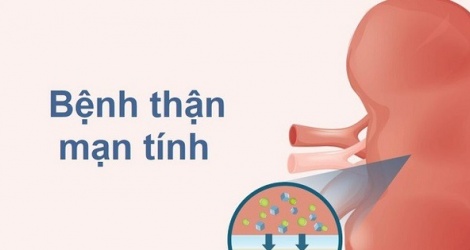


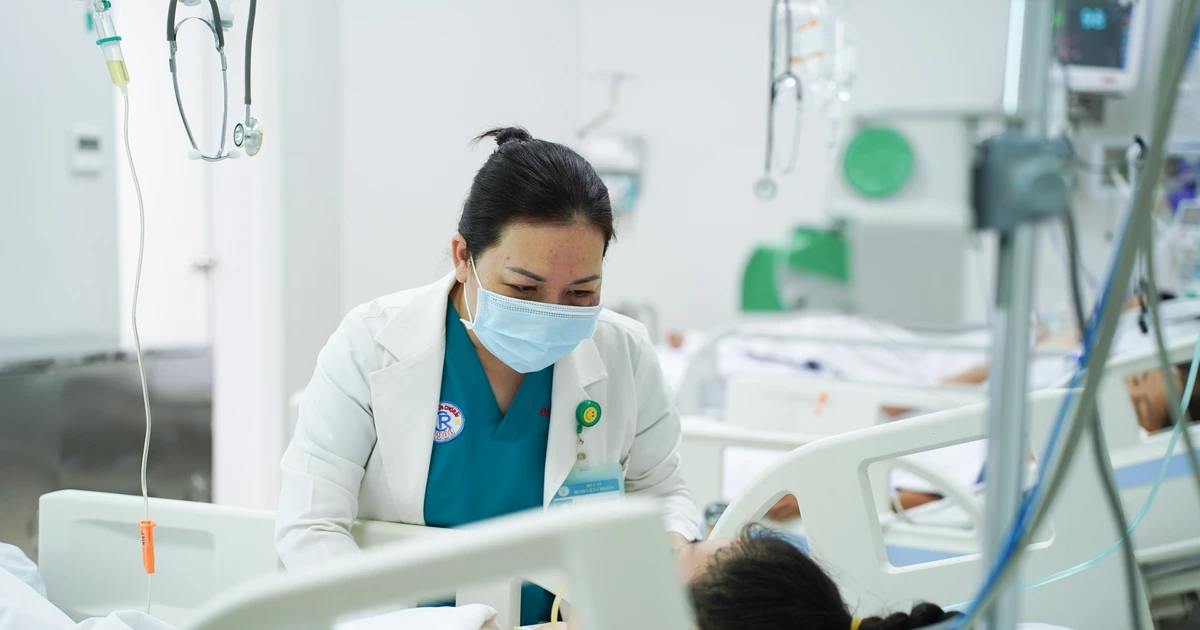




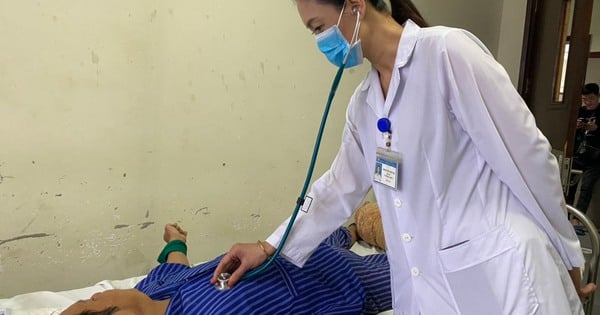















![[Photo] Summary of parade practice in preparation for the April 30th celebration](https://vstatic.vietnam.vn/vietnam/resource/IMAGE/2025/4/11/78cfee0f2cc045b387ff1a4362b5950f)
















































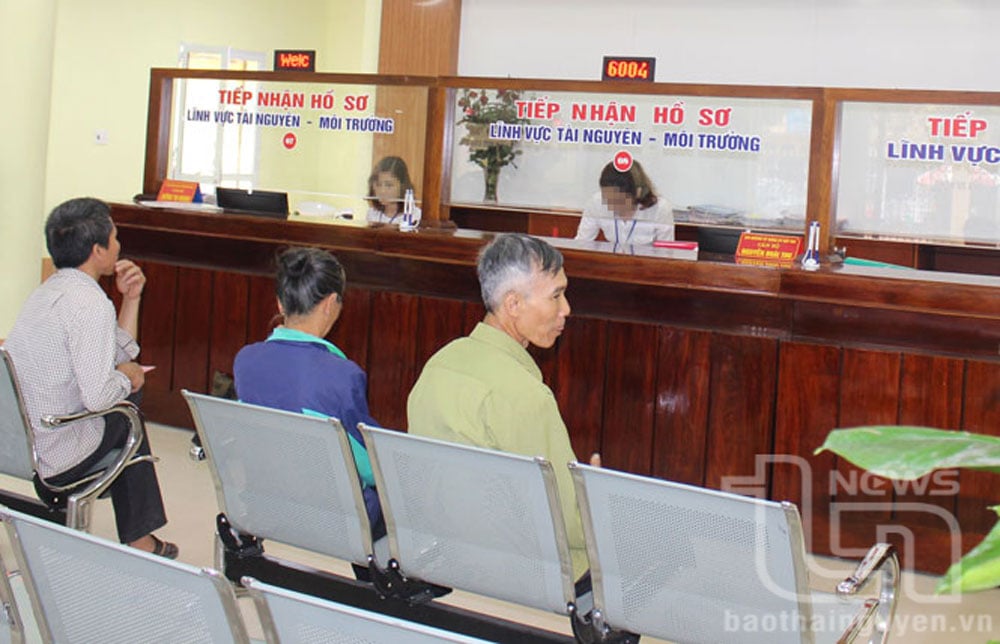












Comment (0)